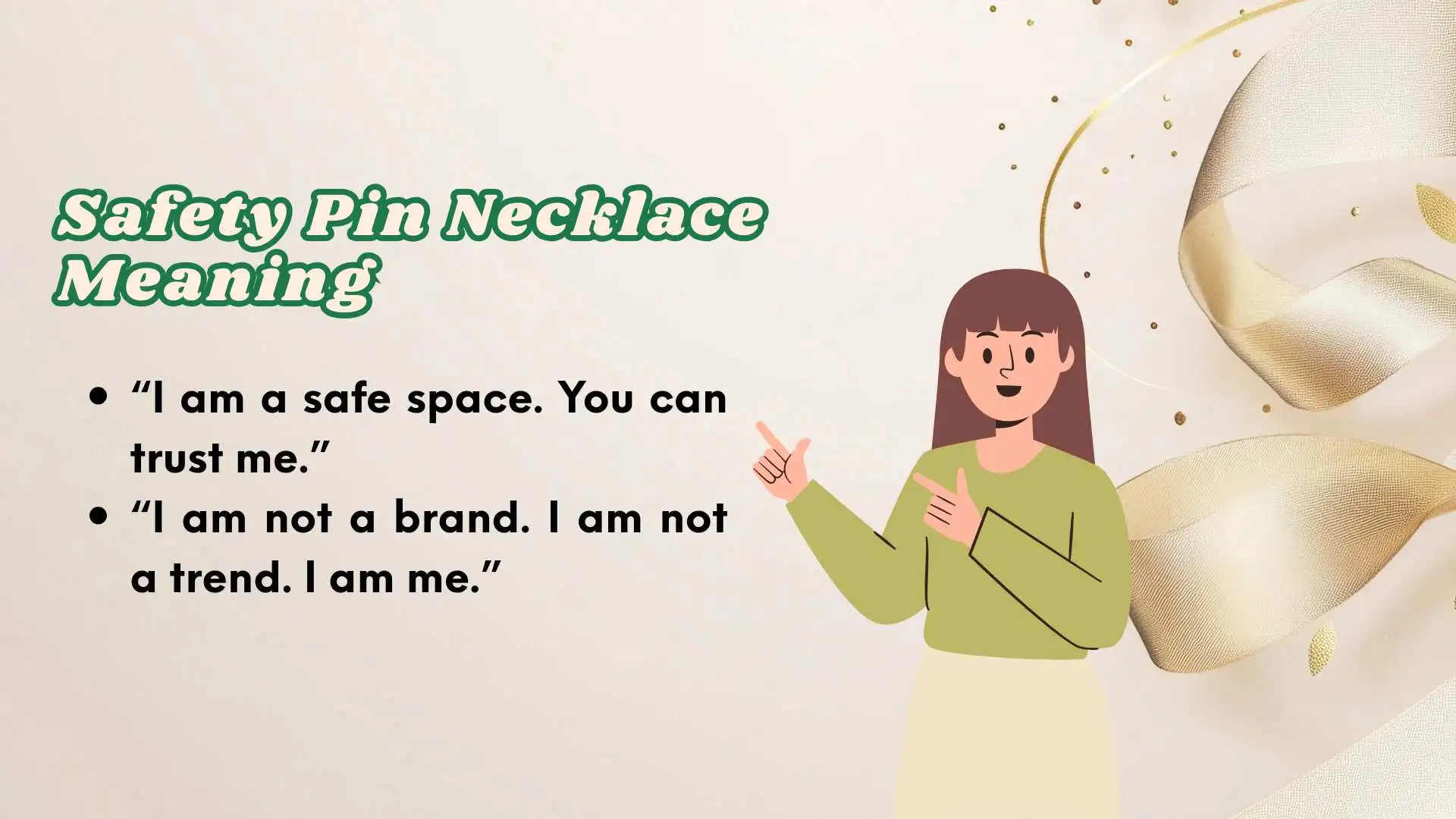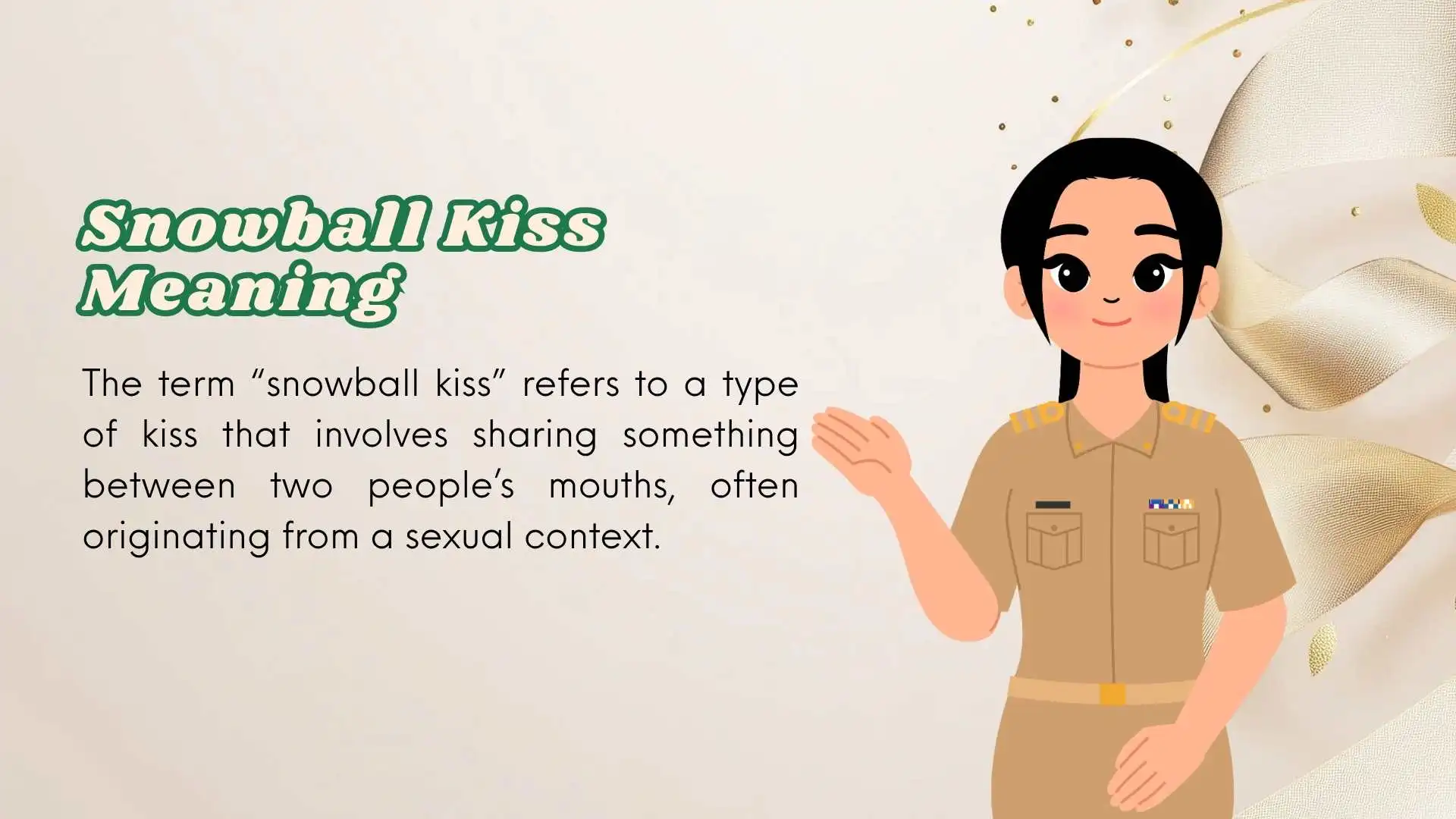Why Is My Wife Yelling at Me? 🗣️ Understanding the Real Reasons Behind the Noise
Let’s face it — no one enjoys being yelled at, especially by the person they love the most. If you’ve found yourself wondering, “Why is my wife yelling at me?”, you’re not alone.
Many husbands silently carry this question, unsure whether it’s about a forgotten chore, a miscommunication, or something deeper that’s been building up for weeks.
The truth? Yelling is often a signal — not just noise. It’s a message wrapped in frustration, emotions, and sometimes unmet needs.
In this article, we’re going to break it all down. From common triggers and emotional cues to practical ways you can turn the volume down and connection up.
we’ll help you understand what’s really going on and how to fix it before it becomes a cycle. 💬💔❤️
✅ Quick Action Plan (TL;DR)
If your wife is yelling right now or it’s becoming a pattern:
- Stay calm — don’t raise your voice back.
- Ask directly: “I can tell you’re upset. Can we talk about what’s really going on?”
- Reflect on past conversations—did you miss a cue?
- Apologize without getting defensive.
- Read below to uncover deeper causes and fix the root issues.
Why Is My Wife Yelling at Me Help
If your wife is yelling at you, chances are she’s not just being loud—she’s trying to be heard. This can be a distress signal in the relationship, not simply a reaction. Here are common reasons and helpful ways to respond:
Unresolved Emotional Buildup: She may have been holding in resentment, disappointment, or frustration. Yelling can be a way it finally escapes.
Communication Breakdown: If she feels you’re not listening or understanding her needs, raising her voice may seem like the only way to get your attention.
Feeling Overwhelmed: Household duties, children, or work stress might be overwhelming her, and you might unknowingly be a target of her release.
Emotional Triggers: Something you said or did may have triggered a deeper emotional wound from her past.
Seeking Validation: She might be yelling because she wants you to validate her emotions instead of brushing them off.
✅ What You Can Do:
Stay calm. Don’t yell back.
Say, “I want to understand you. Let’s talk when you’re ready.”
Avoid blaming and try active listening.
Ask open-ended questions like, “What’s really bothering you?”
If this happens frequently, couples therapy can help improve communication.
Why Is My Wife Yelling at Me So Much

If it feels like your wife is constantly yelling at you, it’s likely a symptom of a deeper issue, not just her personality or a “bad mood.”
Patterns of Neglect or Disrespect: You might be unintentionally ignoring her, invalidating her feelings, or failing to meet agreed expectations.
Ongoing Conflicts: Past arguments that were never fully resolved can keep resurfacing in loud ways.
Power Imbalance: If she feels like she doesn’t have an equal say in the relationship, she may resort to yelling to reclaim some control.
Lack of Emotional Safety: If she feels unheard, unsupported, or emotionally distant from you, yelling becomes an emotional outlet.
🔍 Self Reflection Tip:
Ask yourself—have I:
Dismissed her concerns?
Avoided serious conversations?
Promised change but not followed through?
🛠 Solution:
Practice non-defensive listening. Don’t interrupt.
Acknowledge her feelings before defending your actions.
Have weekly check-ins where both of you can speak freely in a calm setting.
Suggest counseling or conflict resolution support if needed.
Why Is My Wife Yelling at Me Helpline
When things escalate and yelling turns into emotional or verbal abuse—or it leaves you feeling scared, mentally exhausted, or trapped—it’s time to seek external help.
📞 You’re Not Alone. Consider Reaching Out To:
Domestic Support Helplines (like the National Domestic Violence Hotline at 800-799-7233 in the U.S.)
Men’s Mental Health Services: Many countries now offer helplines specifically for male emotional abuse victims.
Local Family Counseling Services: These can help both of you identify communication breakdowns and improve your relationship dynamics.
🧠 When to Call for Help:
If yelling escalates into threats or emotional abuse
You start experiencing anxiety, depression, or self-doubt
If you feel trapped or fearful in your relationship
💡 Remember: Asking for help isn’t weakness—it’s wisdom. Even if the issue seems minor, trained professionals can help you navigate it safely and healthily.
She Feels Ignored or Unheard 🗣️
Case: John gets home and scrolls through his phone. His wife reminds him—again—about the broken sink. He nods but doesn’t move. That night, she explodes. It wasn’t about the sink.
Signs You’re Not Listening:
- Not following up on what she says
- Multitasking while she talks
- Saying “calm down” instead of validating
How to Fix It:
- Pause what you’re doing and make eye contact
- Acknowledge what she says verbally: “So you’re upset because I forgot again?”
- Act promptly—action shows listening
She’s Under Extreme Stress 🤯

Yelling may be a pressure release from an overloaded system.
Stress Sources:
- Parenting, work, housework overload
- No personal time
- Feeling like she’s carrying the emotional weight
Fix It:
- Offer help before she asks
- Handle 1–2 tasks she hates (e.g., laundry, bedtime)
- Say, “You look overwhelmed. Want to take a break while I do ___?”
My Wife Yells At Me Domestic Violence
When people hear the term “domestic violence,” they often picture a man as the aggressor. But the truth is, domestic violence can happen to anyone, regardless of gender. If your wife is constantly yelling at you in a way that’s demeaning, aggressive, or manipulative, it may fall under emotional or verbal abuse, which are both valid forms of domestic violence.
Understanding Verbal Abuse in Marriage
Yelling alone isn’t always abuse. Sometimes it’s part of a heated argument. However, when yelling becomes:
- Constant and one-sided
- Paired with insults or threats
- Used to control or dominate
- Intended to intimidate or belittle
…it crosses the line into abusive behavior.
Why It’s Hard for Men to Speak Up
Men often feel ashamed or afraid to report abuse from their wives due to societal expectations like:
- “Men should be strong”
- “Real men don’t get hurt by words”
- Fear of being mocked or not believed
As a result, many suffer in silence, not realizing that emotional and verbal abuse are legally and psychologically recognized forms of domestic violence.
Signs You May Be in an Abusive Relationship
If your wife constantly yells at you and you experience the following, it’s time to take the situation seriously:
- You walk on eggshells to avoid her outbursts
- She insults you or calls you names
- You feel worthless or emotionally drained
- You feel trapped and unable to talk about the problem
What You Can Do
- Document the behavior: Write down incidents of abuse (date, time, what was said).
- Seek support: Talk to a trusted friend, therapist, or counselor.
- Know your rights: Domestic violence laws protect all genders.
- Consider couples therapy: If both partners are willing, therapy may help restore communication.
- Leave safely if needed: If you feel in danger, seek legal advice or contact a men’s domestic abuse helpline.
Resentment Has Been Building 😤

Unspoken frustrations grow like mold in a marriage.
Signs of Built-Up Resentment:
- She brings up old arguments often
- She says things like, “You never change”
How to Heal It:
- Ask: “Is there something you haven’t told me?”
- Let her vent. Don’t interrupt or justify
- Make one consistent change and stick to it
She’s Trying to Regain Power 🥊
Sometimes yelling is about regaining control in a dynamic where she feels minimized.
Power Triggers:
- Making all the decisions without her
- Interrupting or walking away in conflict
Restore Balance:
- Ask her opinion first on mutual decisions
- Say: “I want to understand, even if I don’t agree right now”
- Take turns speaking in arguments
Her Past Trauma Is Showing 💔
Scenario: She overreacts to being interrupted—not because of you, but because it reminds her of someone who hurt her emotionally before.
Possible Signs of Past Trauma:
- Strong reactions to small issues
- Over-apologizing or over-yelling
Handle with Care:
- Don’t mock or minimize the emotion
- Suggest couples therapy gently: “Let’s talk to someone who can help us communicate better”
- Learn about trauma triggers and healing language
Clashing Communication Styles ⚡
She’s expressive. You’re reserved. To her, yelling feels like honesty. To you, it feels like an attack.
What to Watch For:
- Cultural or family differences in tone
- One talks with intensity, the other shuts down
Bridge the Gap:
- Say: “Let’s agree yelling shuts me down. Can we lower our voices?”
- Choose a code word to pause arguments
She Doesn’t Feel Safe to Be Vulnerable 😢
Sometimes yelling is emotional armor. If she doesn’t feel safe opening up calmly, she may yell instead.
Emotional Safety Signals:
- She avoids serious talks
- She cries or yells instead of calmly expressing needs
Build Safety:
- Reassure her: “You can tell me anything—I’m listening, not judging.”
- Never call her names, even in arguments
You’ve Crossed a Boundary 🚫
This one’s tough—but yelling may be her response to a boundary that’s been repeatedly ignored.
Examples:
- Not keeping promises
- Hiding things or being dishonest
- Betrayal (emotional or physical)
How to Respond:
- Acknowledge: “I messed up. I want to fix this.”
- Ask: “What do you need from me now?”
She Feels This Is the Only Way to Get Through 📣
Her Thoughts Might Be:
- “He doesn’t listen unless I raise my voice”
- “Talking calmly hasn’t worked”
Break the Cycle:
- Ask: “What could I do differently so you don’t feel the need to yell?”
- Prove you’ll respond to calm communication
Could It Be You’re Yelling Too? 📢
Yelling can be contagious. If you escalate, she may mirror it.
Check Yourself:
- Record or reflect on your tone
- Do you interrupt, raise your voice, or get sarcastic?
Reset the Tone:
- Speak slower and quieter during arguments
- Practice deep breathing before responding
When Yelling Becomes Emotional Abuse 🚨
Occasional yelling = stress. Constant, cruel yelling = abuse.
Abuse Signs:
- Name-calling
- Threats or intimidation
- Control or isolation
If It’s Toxic:
- Seek help: trusted friend, therapist, or support group
- You deserve peace too
Reconnect & Rebuild ❤️ Step by Step
- Reflect first, don’t react
- Apologize without defending
- Talk when calm, not in the heat
- Go deeper than the issue: “What’s really underneath this?”
- Ask for help — therapy, books, or even couple retreats
Final Thought 🌿
Your wife yelling at you may be frustrating—but it’s often a signal, not the root problem. If you listen with empathy, respond with care, and stay calm even when it’s hard, things can change. You don’t have to live in a house of yelling. You can build a home of understanding.

Dulcie Mae is a passionate storyteller, known for her ability to weave deep emotions into captivating narratives. With a unique voice that resonates with readers around the world, she explores themes of love, loss, and personal growth through her writing.
She is the acclaimed author of “Whispers Between the Pages”, a heartfelt novel about rediscovering oneself after heartbreak, and “Beneath the Lavender Sky”, a poetic journey through healing and hope. Her latest release, “The Silence of Wildflowers”, has touched the hearts of many with its lyrical prose and unforgettable characters.




